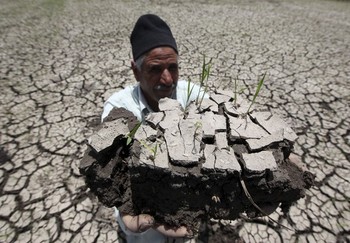Ethiopian envoy lauds Sudan’s stance on Nile dam, criticizes Egypt
June 11, 2013 (KHARTOUM) – The Ethiopian Ambassador to Sudan Abadi Zemo today praised the position of Khartoum with respect to the controversial multi-billion dollar Renaissance Dam calling it an “expected” and “honorable” stance.

Zemo said that the topography of the region makes it impossible to use the dam for any other purposes other than the production of electric power.
The ambassador disclosed that Khartoum was prepared to send technical consultants to monitor the dam building process and carry out any treatments needed.
He emphasized that the trilateral committee comprised of his country along with Sudan and Egypt confirmed in its confidential report that there will be no negative impact on Egypt’s water share and poses no threat of collapse given its mechanical design.
Egyptian officials have stepped up their rhetoric against the dam project going as far as hinting of possible military action.
On Monday Egyptian President Mohamed Morsi said that Cairo did not want “war” but would keep “all options open” to avoid losing any water.
Morsi also said Egypt had carried out studies that showed the building of the dam will result in less water flow while the reservoir is filling. Once full, more water may evaporate.
Egypt, whose 84 million people use almost all of the Nile’s supply that reaches them to meet their needs, cites colonial-era treaties guaranteeing it the lion’s share of the water. Ethiopia and other upstream neighbors say those claims are outdated.
But the Ethiopian ambassador strongly criticized the Egyptian position saying said it was driven by the hostility to his country and vehemently denied any Israeli role in the construction of the dam as some Egyptian figures have suggested.
Zemo said that the hydroelectric power generated by the dam will provide electrical power to Egypt and Sudan at prices less than the current ones almost by half.
(ST)
